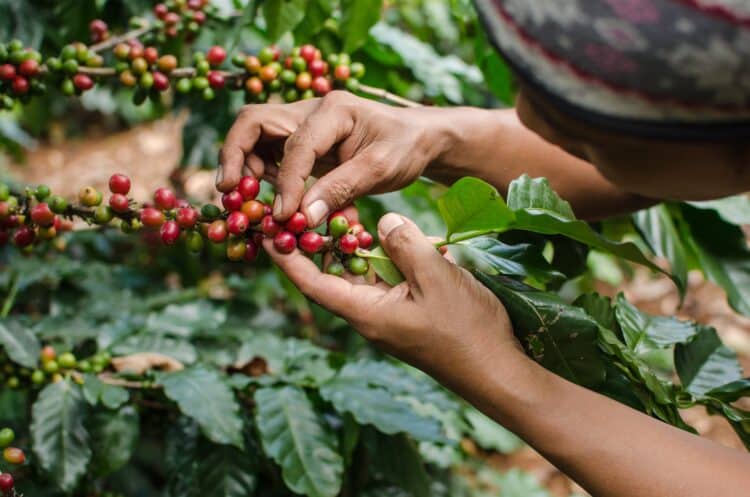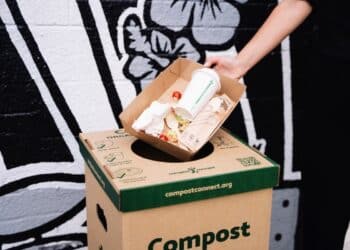International NGO Rainforest Alliance is launching the Regenerative Agriculture Standard, a new certification designed to help coffee farmers and buyers track their impact on soil health and biodiversity.
Due to be introduced at the start of 2026, certified regenerative products will carry a seal to signal to consumers that the coffee is sourced from farms and companies committed to caring for the land and those who live off it.
“Markets need to move beyond a ‘do no harm’ mindset to one that repairs and restores,” says Santiago Gowland, CEO of Rainforest Alliance.
“Now is the time to transition to a new model of agriculture – one where every cup of coffee gives back more than it takes from the land and the people who care for it. After years of research and collaboration with farmers and companies, we are proud to introduce a Regenerative Agriculture Certification to help drive this shift.”
The organisation says the announcement comes at “a critical time for global agriculture”, with recent extreme weather events and environmental degradation disrupting harvests, supply, and commodity markets.
The new regenerative agriculture certification will first launch for coffee products, before being rolled out to cocoa, citrus, and tea throughout 2026.
For farms wanting to gain certification, the organisation has set out what it calls “a clear, science-based certification pathway” that measures outcomes across soil health and fertility, climate resilience, biodiversity, water stewardship, and livelihoods. These outcomes will be checked in periodic audits from independent advisors.
The Regenerative Agriculture Standard is already being implemented across coffee farms in Brazil, Costa Rica, Mexico, and Nicaragua, with products from these farms bearing the seal of certification due to reach shelves in early 2026.




